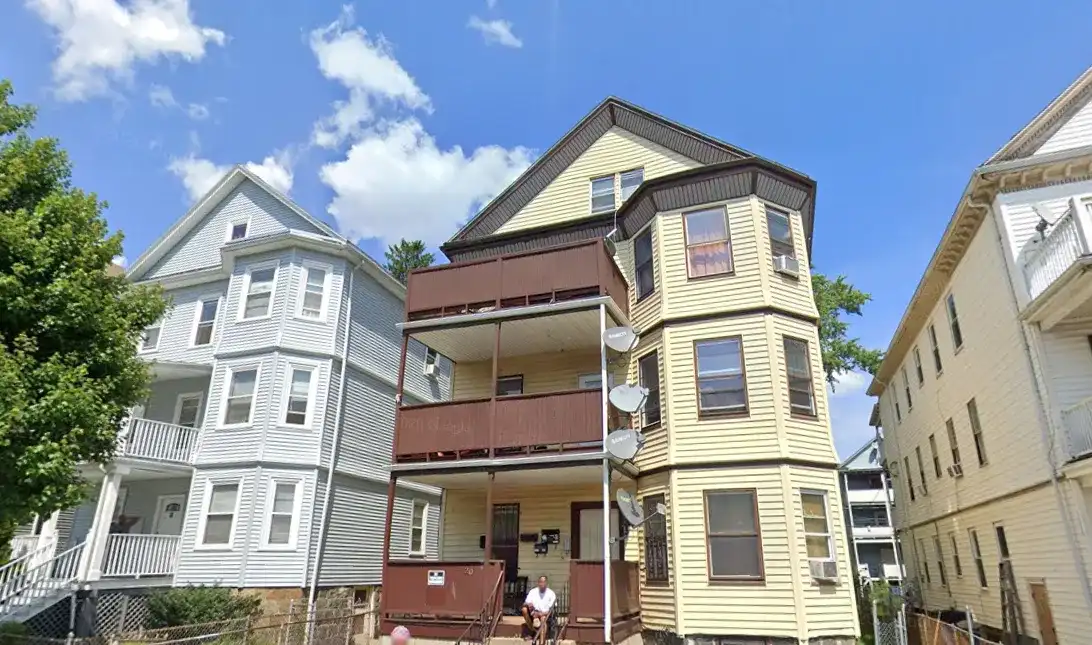


If a person experiences a hangover, it is best to drink plenty of fluids to rehydrate the body. A hangover begins when a person’s blood alcohol level begins to drop. Some experts state that the symptoms of a hangover peak when a person’s blood alcohol level reaches 0. If you frequently experience hangover symptoms or your hangover symptoms have begun to affect you at school or work, you may have developed an alcohol use disorder. One symptom of alcohol use disorder is continuing to drink in spite of repeated negative consequences. Common hangover symptoms include headaches, thirst, sensitivity to light, irritability, and stomach upset.


You’ll start feeling the effects of a hangover hours after you stop drinking. Symptoms of a hangover can be mild or serious, depending on how much and what you drank. You’ll feel the worst as your blood alcohol level goes back to normal. Hangover symptoms can linger for a day or sometimes longer. A hangover from alcohol, while unpleasant, is not ordinarily a medically dangerous condition. However, if you have persistent nausea/vomiting or are severely dehydrated, you may require urgent medical attention.
Research shows that drinking about 7½ ounces helps lower blood alcohol levels and makes hangovers less intense. The catch is that you need to drink it before you have alcohol. Drinking alcohol can cause dehydration, which may worsen certain how long do hangovers last. Staying hydrated could reduce hangover symptoms such as thirst, fatigue, headache, and dizziness. A 2020 study found evidence to suggest that red ginseng may reduce hangover symptom severity by reducing the ethanol concentration in the blood.
The reality is that a drink might take some of the edge off a hangover, but it also prolongs your recovery time. No solid evidence supports the idea that your body pulls enough vitamins and nutrients from a patch to halt https://ecosoberhouse.com/ a hangover. At the same time, the consumption of beer and booze slows the release of an antidiuretic hormone (ADH) called vasopressin. This ADH works with your kidneys to keep your body’s hydration levels balanced.
After drinking, having a nutritious breakfast or a late-night meal might help maintain your blood sugar levels. Alcohol can cause reduced blood sugar levels for hours because it disrupts the release of glucose into the blood from the liver. Ethanol is the main active ingredient in alcoholic drinks, but they also contain varying amounts of congeners. The amount of alcohol needed to produce a hangover varies among individuals. If you drink enough to become intoxicated, you may have a hangover the following day. However, about 20-25% of people who drink are “hangover resistant” and experience no symptoms (1, 4).



